Bad breath, also known as halitosis, is a common problem that affects many people. It can be embarrassing and uncomfortable. In some cases, it can even be a sign of an underlying dental or medical condition. Therefore, it is vital that you seek dental treatment if you have chronic bad breath. Not only will it affect your social life, but it can impact your health as well.

Why is Bad Breath a Problem?
Bad breath is not just an unpleasant odor. Unfortunately, it can also affect your oral health and social interactions. There are several reasons why you may experience bad breath that has nothing to do with diet.
Poor Oral Health: Bad breath can be a sign of poor oral hygiene. If you have a buildup of plaque and bacteria in your mouth, it can cause bad breath. Over time, this can lead to gum disease and tooth decay.
Social Implications: Having bad breath can be embarrassing. As a result, it can affect your confidence in social situations. It can also make it difficult to have close personal interactions with others.
Medical Conditions: In some cases, bad breath can indicate an underlying medical condition, such as a respiratory infection or liver disease.
When to Seek Treatment for Bad Breath
If you are experiencing bad breath, it is important to address the underlying cause. Knowing the cause can help you figure out your treatment options.
Chronic Bad Breath: If you are experiencing persistent bad breath despite regular brushing and flossing, you should see your dentist. They can assess your oral health and recommend treatment options.
Changes in Breath Odor: If you notice a sudden change in your breath odor, you should see your dentist or doctor. This could be a sign of an underlying medical condition.
Dry Mouth: If you are experiencing dry mouth, you may be more prone to bad breath. Your dentist can recommend treatment options to help alleviate dry mouth symptoms.
Gum Disease: Bad breath can be a sign of gum disease, leading to tooth loss and other oral health problems. If you have gum disease, your dentist can recommend treatment options to help manage the condition.
Treatment Options for Bad Breath
The treatment for bad breath depends on the underlying cause.
Improved Oral Hygiene: If poor oral hygiene is causing your bad breath, your dentist may recommend improving your brushing and flossing habits.
Mouthwash: Mouthwash can help freshen your breath and kill bacteria in the mouth. Your dentist may suggest a mouthwash that is appropriate for your needs.
Addressing Medical Conditions: If you have an underlying medical condition, you should seek medical treatment. You can improve both your health and oral wellness with this option.
Professional Cleanings: With gum disease or a buildup of plaque and bacteria in the mouth, your dentist may recommend a professional cleaning to remove the buildup and improve your oral health.
